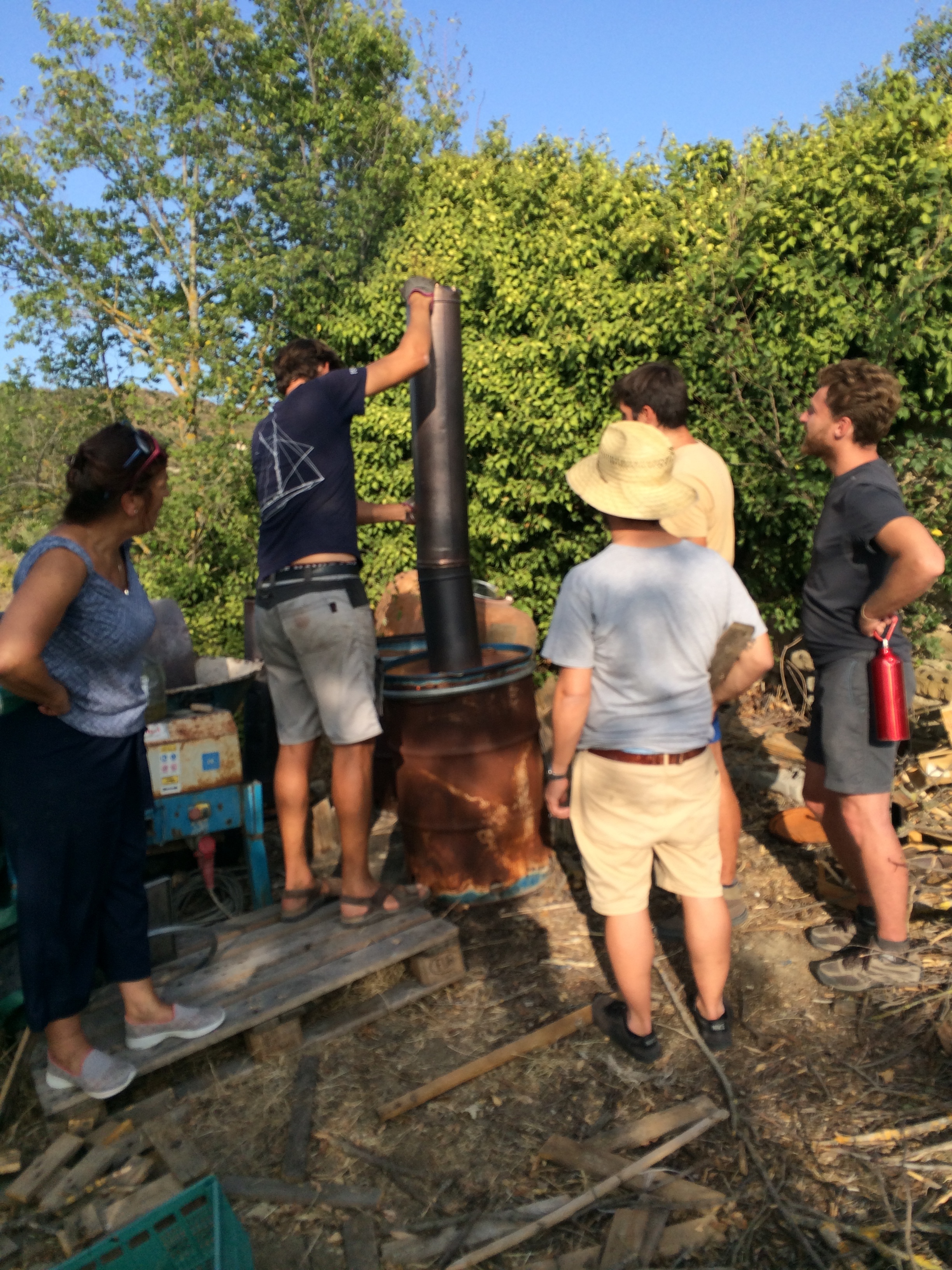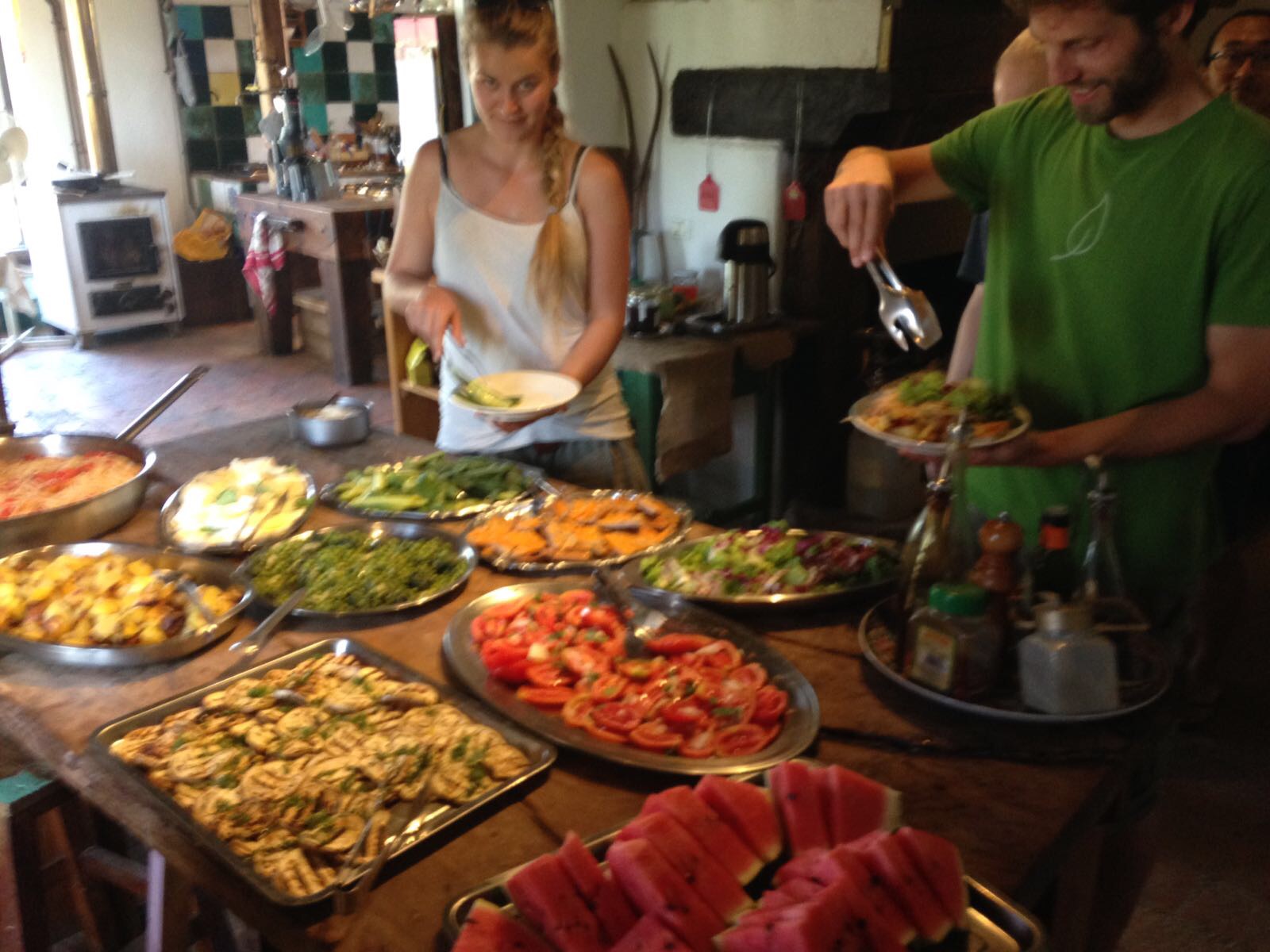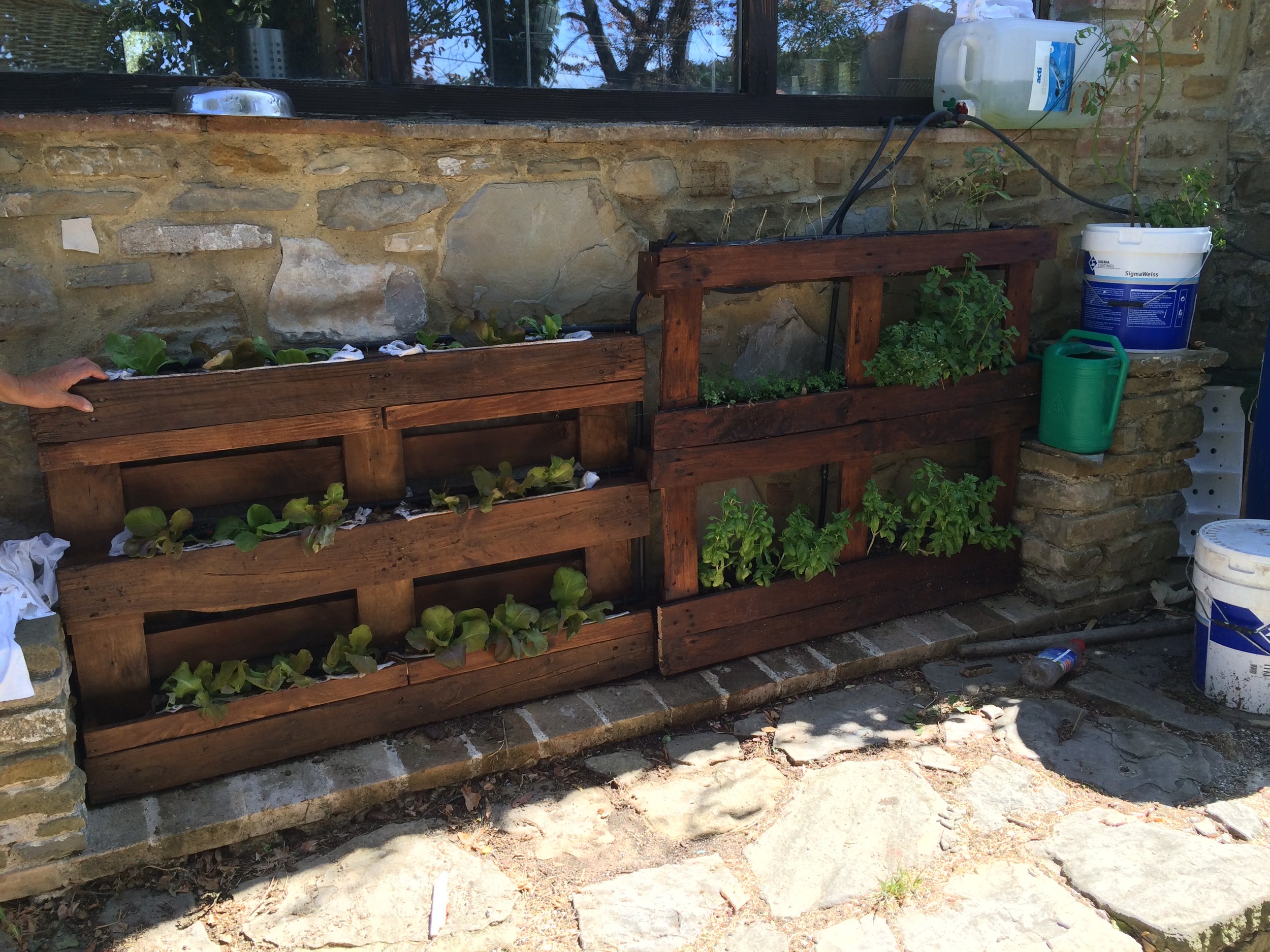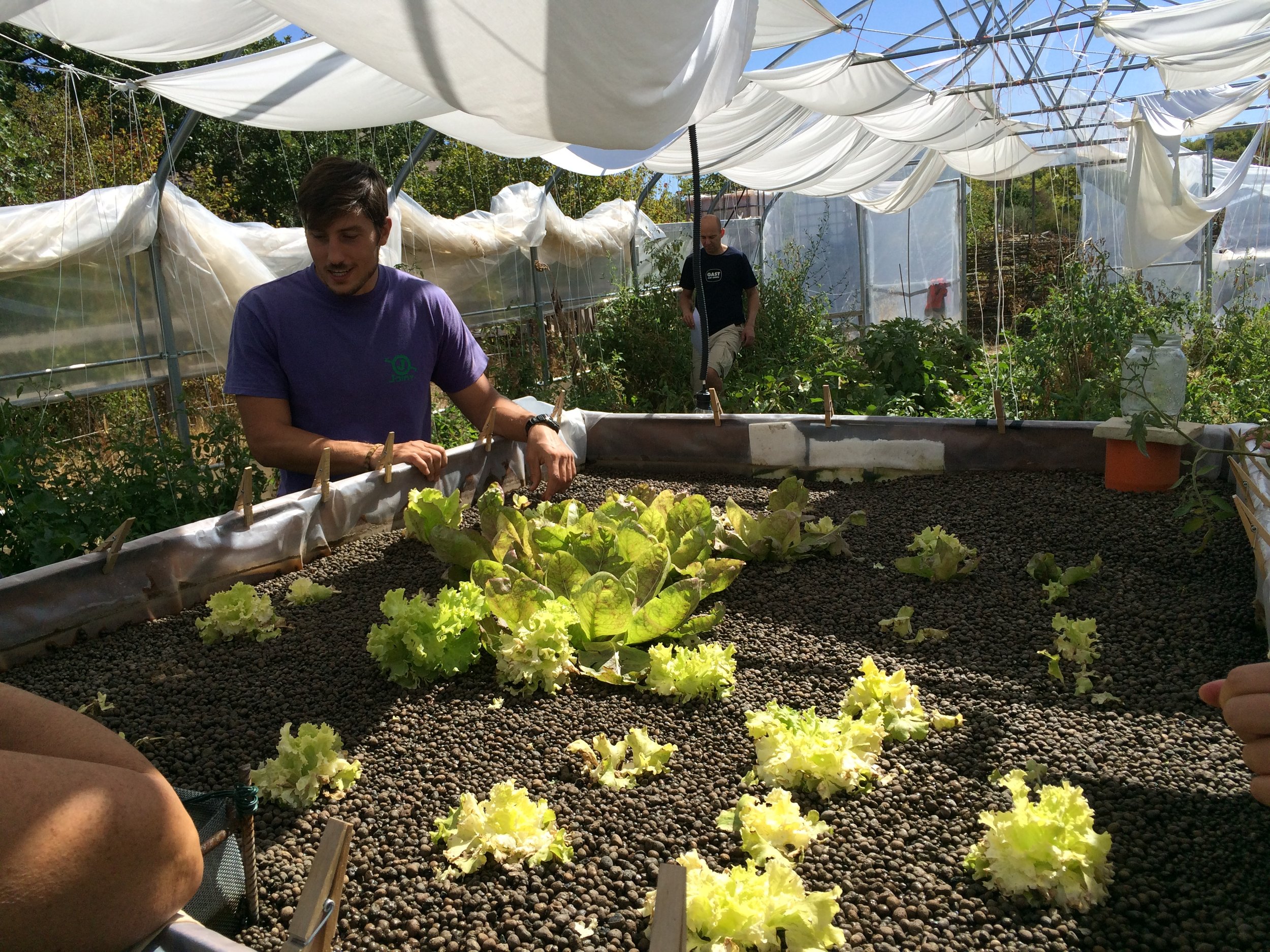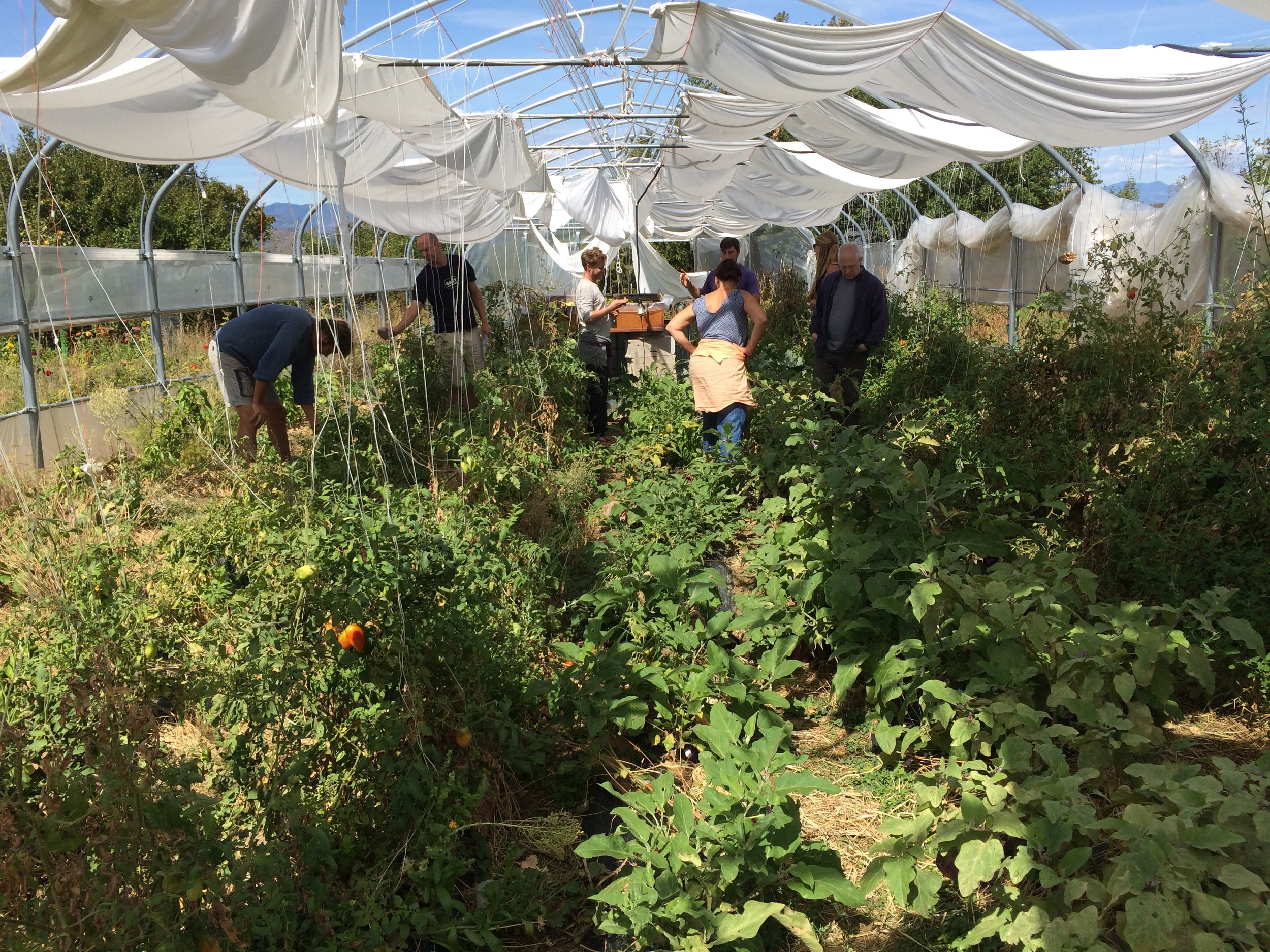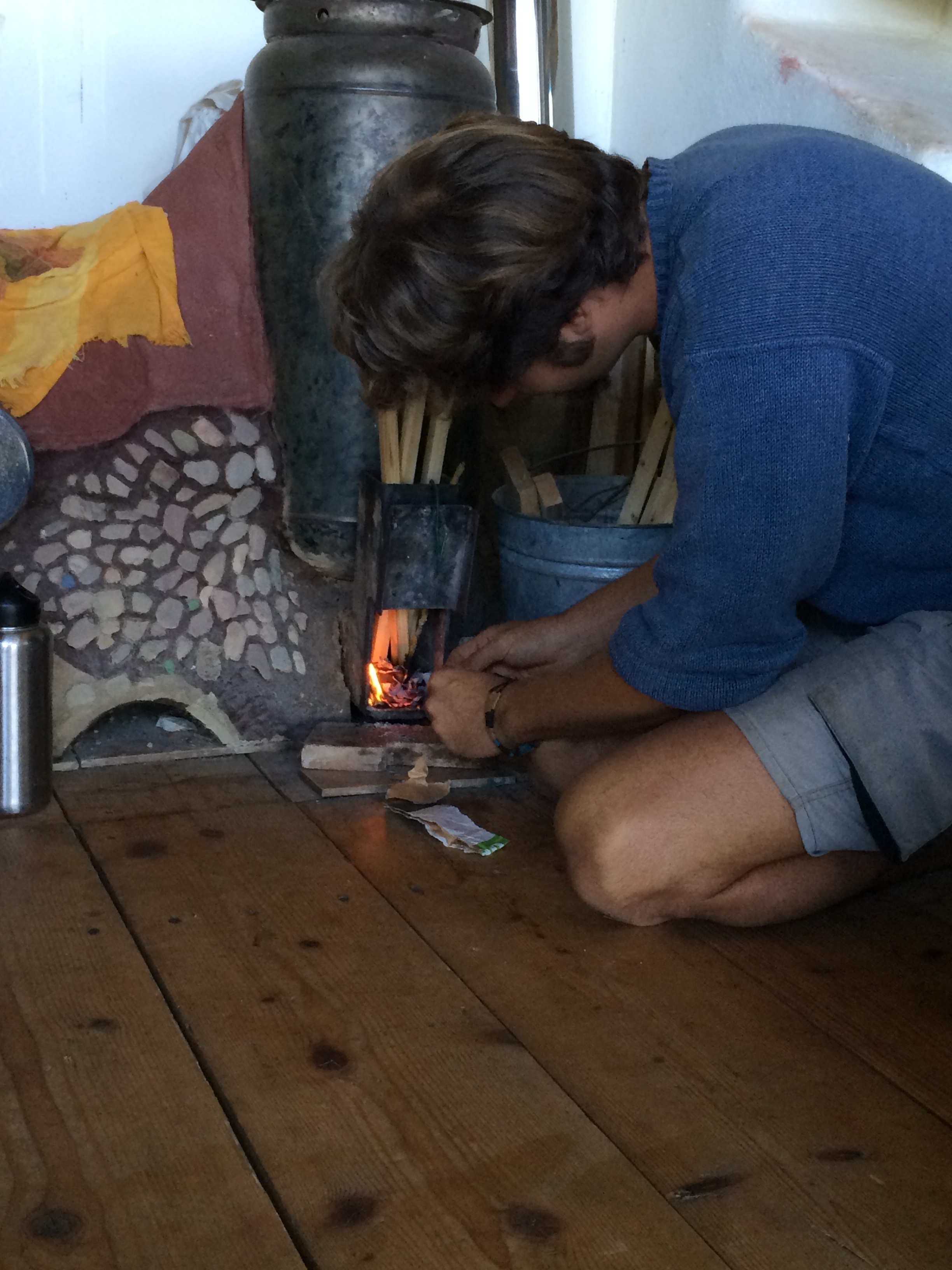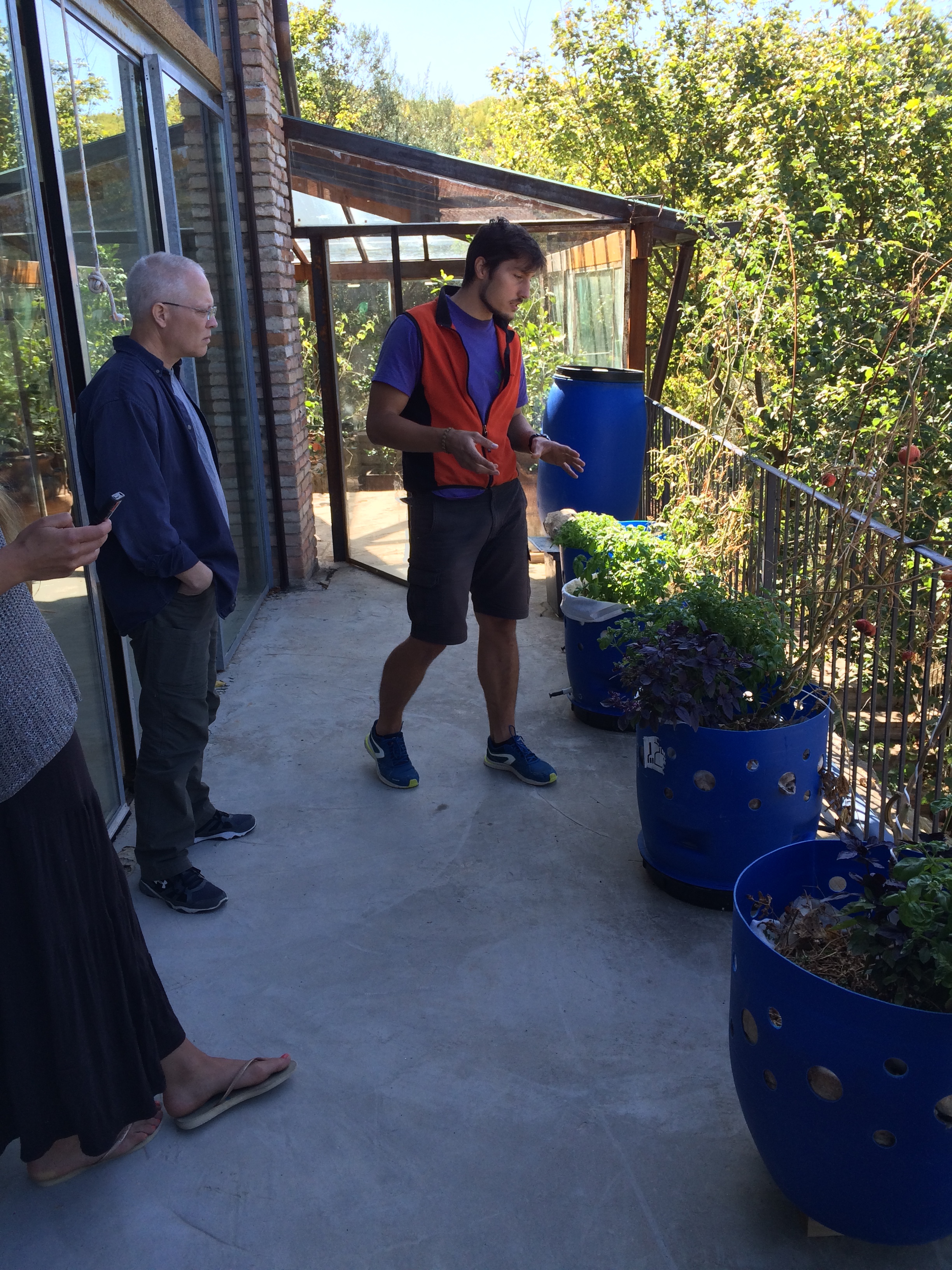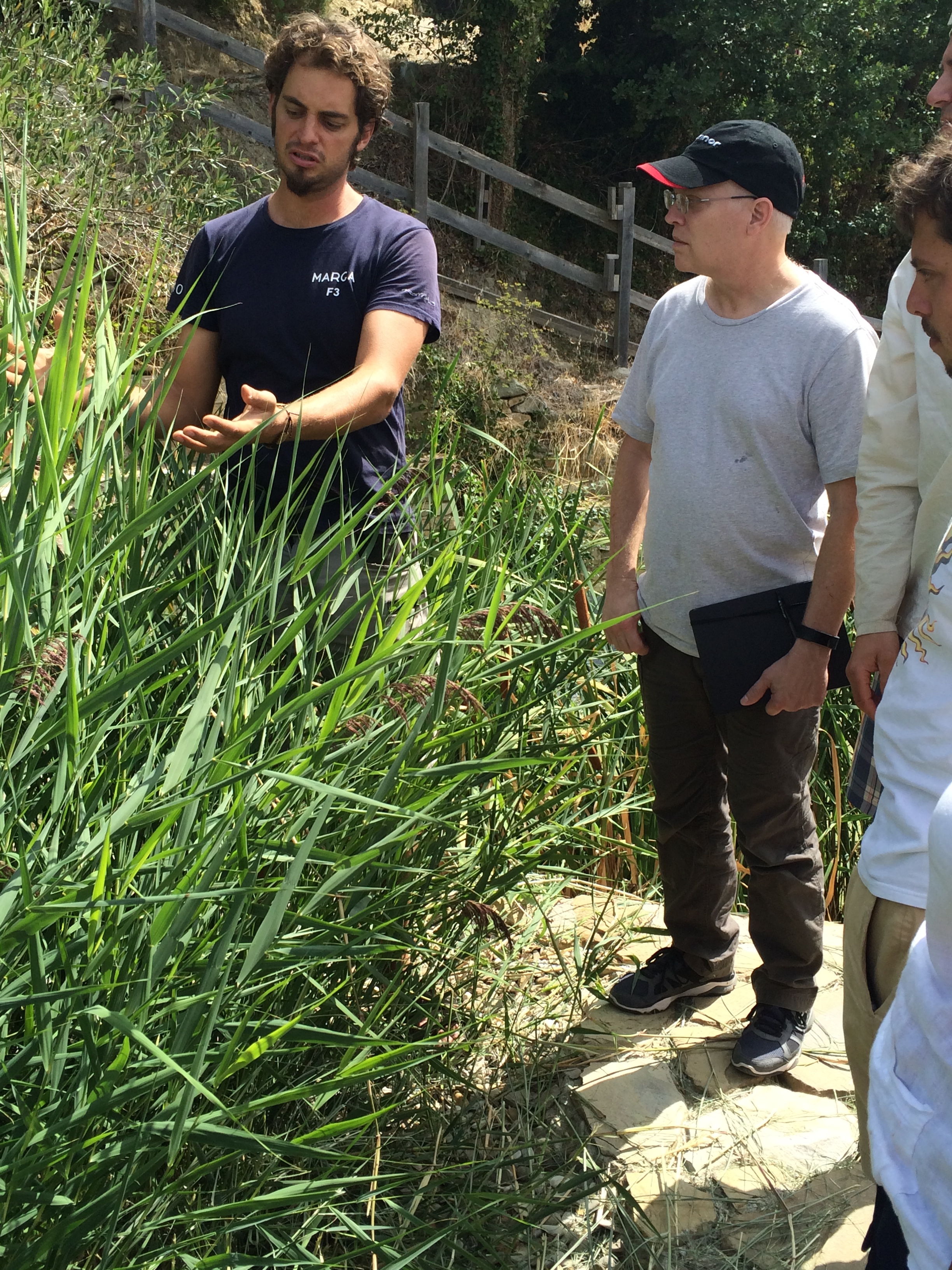Building on lessons learned, our PDC comes to Monestevole again in October 2018!
Organising a Permaculture Design Course (PDC) is generally a great opportunity for a project or a community to integrate more of the Permaculture principles into their workings. Developing a well functioning Permaculture system however takes time… This is why I am excited to go back to Tribewanted Monestevole this coming October to deliver a second fully accredited PDC. It will be an opportunity to build on the lessons learned from last year’s course while continuing to build the Permaculture community across Europe.
Monestevole is an eco-tourism and education centre celebrating the good life, the abundance of local food, traditions and crafts. The 2017 Permaculture Design Course was the first one hosted at the project, although they’ve held numerous month-long immersions well attended by people from around the world looking to learn about sustainable living in the beautiful Italian countryside.
Coming to Monestevole, I quickly realised that the project founder Filippo and the whole crew had a good idea of what Permaculture is and they’ve spent a lot of their energy and money in developing the project with Permaculture principles. They’ve planted diverse orchards adding to the already existing vineyards and olive orchards, they grow their own vegetables in extensive gardens and produce their own meat; they had installed a water system that includes thousands of litres of rainwater storage to get through the dry summers and a well working plant-based grey and black water cleaning system; they monitor their waste production and energy use so as to find ways to reduce it; they sustainably manage woodlands for their firewood and experiment with appropriate technology projects such as bio-char production for improving the soil, hydroponic systems to grow fish and food and small scale urban self-watering food growing solution.
It was clear that Monestevole is the perfect place for demonstrating numerous Permaculture systems and techniques.
For me, it’s been additionally great to be working with and learning from people from the area and get the support of Nico and Matteo, Monestevole’s gardening and permaculture team at the time, as well as Filippo, who all delivered various sessions on the course and contributed their own knowledge of running the project.
Despite the numerous efforts and successes in improving the ecological sustainability of the project, Monestevole is experiencing its challenges. Last summer had been drier than usual and the area had been without significant rainfall for months. Young trees planted the previous year had trouble surviving, the soil in the gardens turned to dust and the water in the well was unusually low.
These have become common issues in the Mediterranean climate zone and other dryland areas around the world and well-designed Permaculture systems certainly offer solutions.
As part of the 12-day course, it was the participants’ task to survey and analyse the conditions of the land beyond the actual property boundaries; this included climate information, topography, soil condition, vegetation, water availability in the land, soil and plants, available resources and natural limiting factors.
We then learned how to design for and create strategies that capitalise on and enhance naturally available resources and turn challenges and problems into opportunities. The small group of six participants came up with a design and numerous design ideas that, if implemented, were to support the stability and productivity of the land while considering the needs of the people living at and visiting Monestevole.
We also got our hands in practically by making bio-char, building an 18-day composting pile, preparing garden beds in the polytunnel, mulching the trees in the orchard and digging swales (trenches on the contour of the slope to retain water in the landscape – see photo) in the olive orchards.
As water is such a significant element in any landscape and the lack of it a challenge in these drier climates, we were fortunate enough to welcome some rainfall halfway through the course and observe how the swales we dug just a day early were doing their work; catching the water as it falls, stopping it from running down the slope and being lost to the lower regions and instead allowing it to percolate into the ground. This labour-intensive but easily applicable technique stores water where it is most needed, the soil, and recharges the groundwater level; it now becomes available to plants, which in turn produce cooler and more humid microclimates in dry summer months.
While the design and work done on this first course was a step towards building an even more abundant future for Monestevole, we’re building on these first steps with another full Permaculture Design Certificate Course in October 2018 followed by a practical Permaculture intensive.
Some words from previous year’s participants:
“The course was well structured with diverse teaching methods and taught with passion.”
“Very well done! On the first day I knew I was in the right place.”
“As a generally joyful person, I’d say my needs for play and fun were met.”
“The teaching was very clear and inspiring and the group was held in a skilful, sensible and respectful way.”
“I’ve come to learn Permaculture and leave with a solid base that will enable me to dive deeper into this life philosophy”
“I loved every minute.”
“The place is full of different facilities to create an interesting learning environment and community flair.”
“Amazing place!”
“Setting the course culture created positive group dynamics supported by the attitude of the teachers.”


